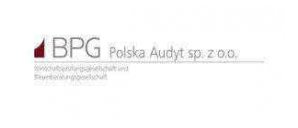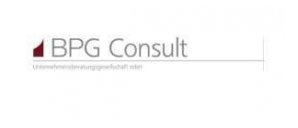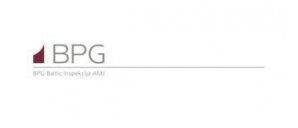
Independece of the auditors
When is an auditor not considered to be impartial and independent?
The profession of statutory auditors relies on public trust, which is why their activities require adherence to specific ethical standards. An appointed professional self-government body assesses whether auditors are conducting themselves properly. So what should auditors keep in mind to ensure they do not to lose their right to practice?
Rules governing auditors activities set out by law
In art. 69 of the Act on Auditors it is clearly stated that an auditor must demonstrate integrity, objectivity and due diligence in the performance of his/her official duties. Failure to comply with these recommendations may adversely affect confidence in the entire professional group, so it is in the self-government's interest to ensure compliance with the basic rules.
When conducting an audit an auditor is expected to maintain professional scepticism. Renowned audit firms often undertake long-term cooperation with a particular entity. However, in each case it is the duty of statutory auditors to take into account the possibility that strategic documents may have been drawn up incorrectly.
Independence and impartiality in everyday activities
The legislator has listed a series of unacceptable practices that should be avoided. For instance, auditors may not participate in the decision-making processes of entities where verification of the correctness of financial statements is carried out. It is also prohibited for anyone who is suspected of receiving benefits from or promoting the audited entity, to participate in the audit process relating to such entity.
Statutory auditors may not hold shares in the companies they audit or hold any securities issued by them. The Act also prohibits auditors from sitting on the supervisory and management bodies of the enterprises being audited. Pursuant to art. 74 of the Act on auditors, audit firms and key statutory auditors are required to assess and document their compliance with the independence and impartiality requirements before accepting an engagement, and if there is a risk that they may not be in compliance then they need to take action to minimize such risks.
return










